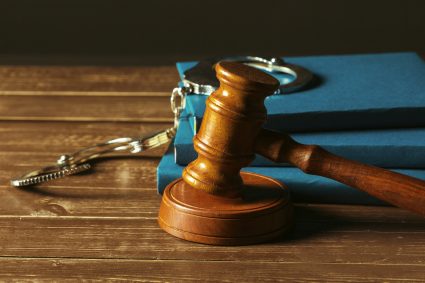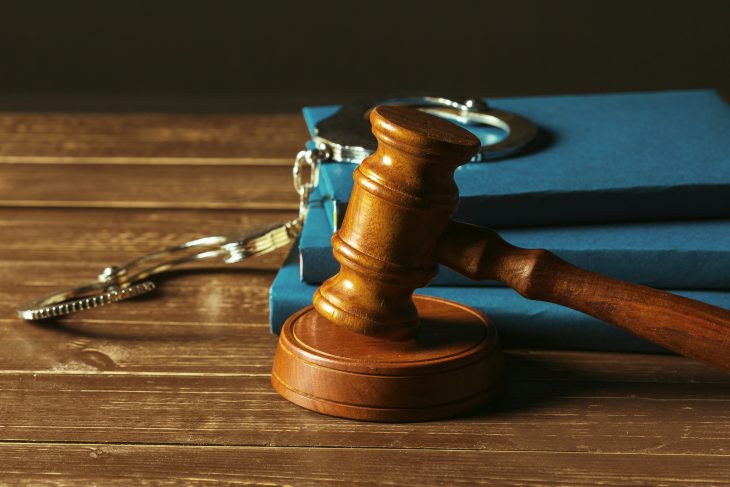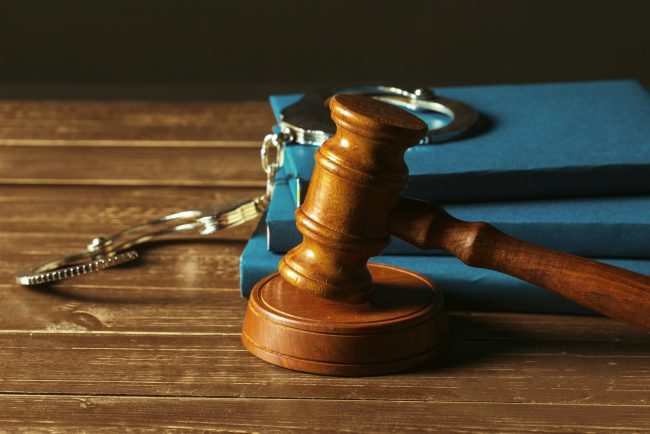The first consultation meeting with a lawyer is often free, although some lawyers charge a fee. If you schedule a consultation with a lawyer, the first meeting helps you to decide if you need representation. It also enables you to know if you need to hire a lawyer.
Here is how you can maximise the first appointment with a lawyer.

Understand the objectives of meeting with the lawyer
Knowing what you need from a lawyer can help avoid wasting time on unnecessary things. It will help you find the right lawyer to handle your case. Law is diverse, and there are lawyers specialising in different fields.
If you want a divorce, look for a divorce lawyer; if it is a family issue, you need a family lawyer. Understanding what you need helps to narrow down the help you need from an attorney.
Write down a summary of your case
To avoid wasting time explaining the events of what happened, write down the essential details. These will act as a guide and weed out any irrelevant information when presenting to a lawyer. It also provides enough time for the lawyer to assess the case using questions.
It is also important to be objective when telling the events and not let emotions influence you. It helps the attorney understand the situation and evaluate your case to know your chances.
Set up questions you have about the case and the lawyer
Write down any questions you have about the case. You can also include questions about the lawyer. Some questions include
- What are the fees you expect?
- What experience does the lawyer have dealing with similar cases?
- How long will the case take?
- Can you settle the case outside court?
- What strategies do they use for similar cases?
- What contribution do you have as a client to the case?
- What are the chances of winning the case/ getting a settlement?
- How will they communicate about the status of the case?
These questions and others you would have can help you understand your role and what to expect.
Carry legal documents and evidence
To give the lawyer a better picture of the case, carry any documents you have about the case. These include;
- Police records
- Medical records
- Bank statements
- Pictures
- Videos
- Previous legal documents
These help the lawyer understand how to move forward with your case. The documents should be relevant to the case to avoid wasting time. If you have any witnesses, let the lawyer know so that they can evaluate the case and tell you what you should expect.
Take notes
Take short notes on what you can expect from the case. Do not go to consultations with expectations of winning the case. Write down what you will need for the next consultation. Give the attorney enough time to talk without interrupting and write down important things.
You can ask for clarification about what you did not understand after you have discussed the relevant details. Taking notes also helps you understand and research some things the attorney cannot explain in detail.
Conclusion
When going for the first appointment, you need to be prepared. The list above can help you plan and know what to expect from the first meeting. If you are looking forward to an appointment, consider reviewing the checklist above.









